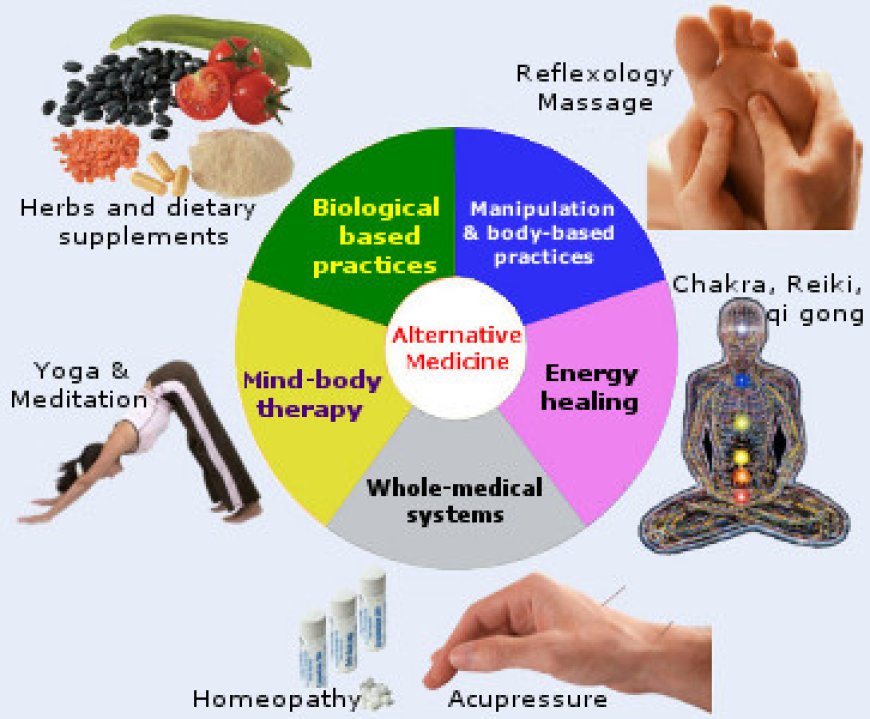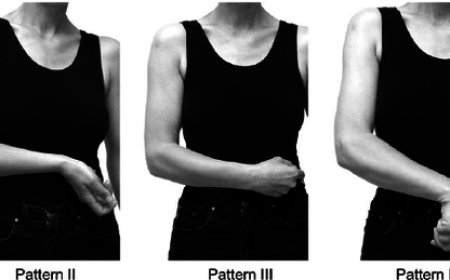Nontraditional Medicine

Introduction:
In the diverse and culturally rich country of India, where ancient wisdom meets modern innovations, there is a different path to healing - Nontraditional Medicine. Today, we will journey into the world of nontraditional medicine, its significance, classifications, causes, risk factors, different types, the importance of diagnostic tests, treatments, complications, and some simple ways to embrace holistic healing in India. So, let's embark on a fascinating quest, where we discover the treasures of alternative therapies and embrace the diversity of healing in our nation!
What Is Nontraditional Medicine? :
Nontraditional medicine is like a secret garden of healing, where unconventional approaches are used to promote wellness and restore balance in our bodies. It is also known as complementary or alternative medicine and encompasses a wide range of therapies beyond conventional medical practices.
How Is Nontraditional Medicine Classified? :
Nontraditional medicine can be classified based on the types of therapies and techniques used to promote healing. Some common classifications include:
- Herbal Medicine: This type uses plants and their extracts to support healing and treat various ailments.
- Acupuncture: A practice involving the insertion of thin needles at specific points on the body to stimulate energy flow and promote balance.
Causes and Triggers:
The reasons behind the popularity of nontraditional medicine can be like a tapestry of cultural beliefs and historical practices. Some common causes and triggers for embracing nontraditional medicine in India include:
- Cultural Heritage: India has a rich history of traditional healing practices like Ayurveda and Yoga, which have been passed down through generations.
- Holistic Approach: Nontraditional medicine focuses on treating the whole person, including their physical, mental, and emotional well-being.
Risk Factors with Examples:
Just like some kids may prefer different games, not all therapies suit everyone. Some risk factors of nontraditional medicine include:
- Lack of Scientific Evidence: Some therapies may lack substantial scientific evidence of their effectiveness.
- Delayed Treatment: Relying solely on nontraditional medicine without seeking timely medical care for serious conditions may lead to complications.
Types of Nontraditional Medicine with Detailing for Each Type:
Nontraditional medicine encompasses a diverse range of therapies. Some common types include:
- Ayurveda: A traditional Indian system of medicine that emphasizes balance and harmony between the body, mind, and spirit.
- Yoga and Meditation: Practices that promote physical flexibility, mental clarity, and emotional well-being.
Importance of Diagnostic Tests and Treatments:
Nontraditional medicine typically focuses on holistic healing rather than diagnosing specific illnesses. Some important methods include:
- Consultations: Practitioners may conduct in-depth discussions to understand a person's overall health and well-being.
- Observation: Practitioners may observe physical, mental, and emotional aspects to determine imbalances and areas of concern.
Complications of Nontraditional Medicine and Prevention Techniques:
While nontraditional medicine can be beneficial, it is essential to approach it with caution and in conjunction with conventional medical care. To embrace holistic healing, kids can practice simple preventive measures like staying active, eating nutritious foods, and seeking timely medical attention when needed.
Nontraditional medicine might be like a secret garden of healing in India, but with knowledge and respect for traditional wisdom, we can ensure a nation where diverse healing practices coexist harmoniously. Just like the many colors of our cultural tapestry, nontraditional medicine offers a wide array of therapeutic approaches to support our health and well-being. By combining the best of both conventional and nontraditional healing methods, we can ensure a nation where everyone finds their unique path to wellness, where the wonders of ancient wisdom and modern innovations come together in perfect harmony, and where the diverse landscape of our culturally rich India blooms with the vibrant colors of health, happiness, and holistic healing for all.
What's Your Reaction?
 Like
0
Like
0
 Dislike
0
Dislike
0
 Love
0
Love
0
 Funny
0
Funny
0
 Angry
0
Angry
0
 Sad
0
Sad
0
 Wow
0
Wow
0







































































